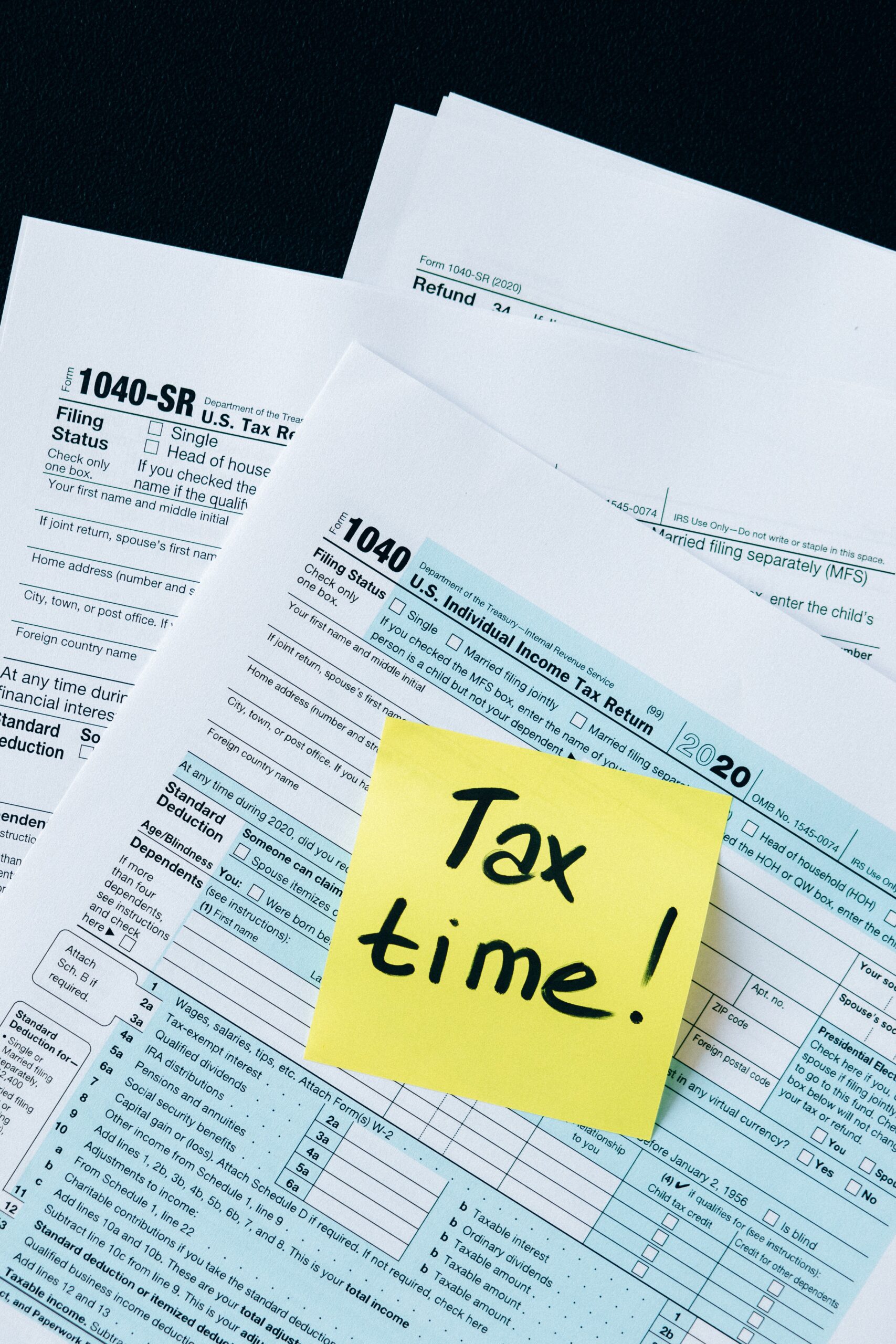During an audit, the Internal Revenue Service conducts an examination of a person’s or business’s accounts and financial records to check for compliance with the tax codes. Selection does not mean that an error was necessarily made, only that the IRS wants to verify or gather additional information. IRS Publication 556 fully details the audit process and what to expect.
The Audit Process
The IRS selects taxpayers to audit in several ways — some random and some targeted. Upon selection, the IRS notifies the tax payer by letter. In some cases, they call before sending the letter.
An audit may either be conducted by mail or in person depending on what information the IRS is seeking. An in person audit may be scheduled at home, in your office or place of business, or at an IRS office. IRS agents are instructed to be flexible when scheduling an audit, but maintain the final say over when and where it is held.
Read more









 Steven N. Klitzner, P.A. is a tax attorney based in Miami, Florida. He has been practicing tax law for over 40 years, and currently holds a 10.0 rating by Avvo. Mr. Klitzner was appointed to the IRS Service Advisory Council in 2021 and is...
Steven N. Klitzner, P.A. is a tax attorney based in Miami, Florida. He has been practicing tax law for over 40 years, and currently holds a 10.0 rating by Avvo. Mr. Klitzner was appointed to the IRS Service Advisory Council in 2021 and is... 





